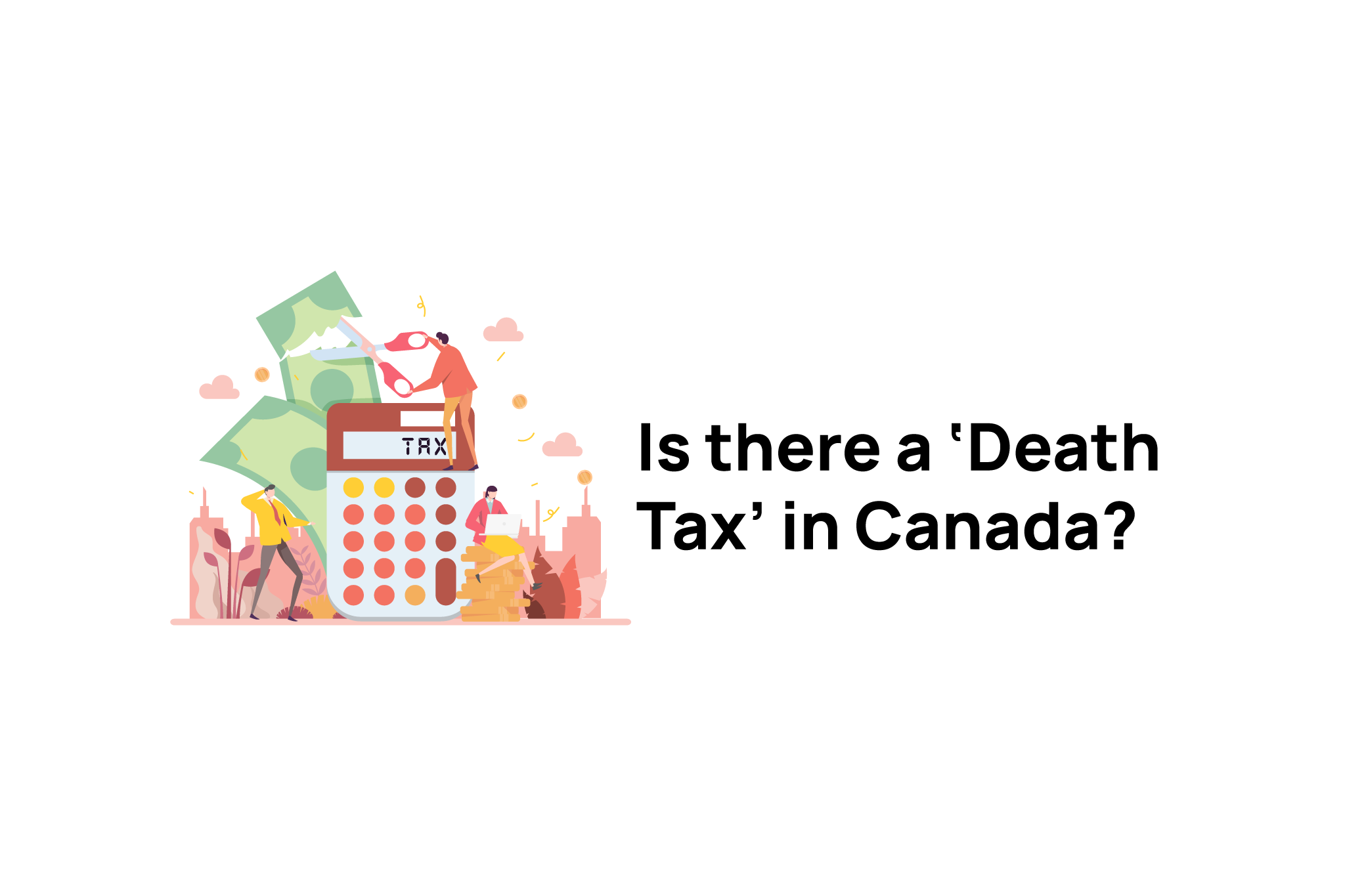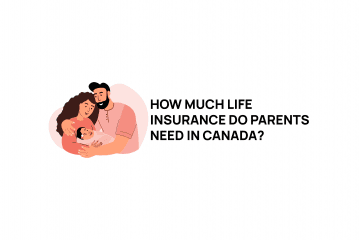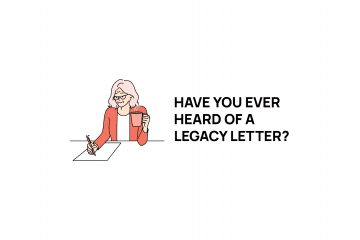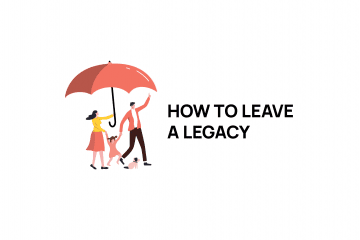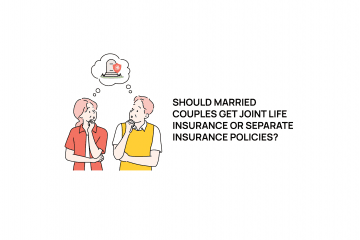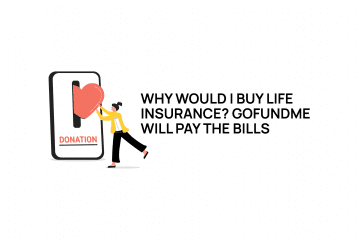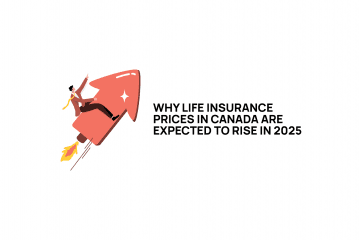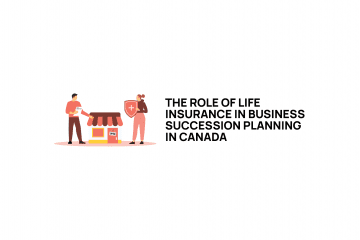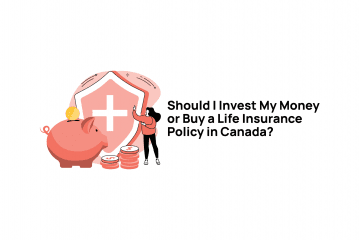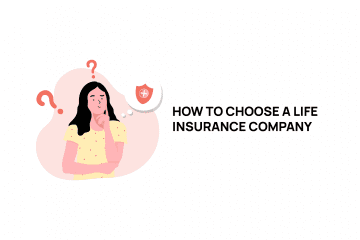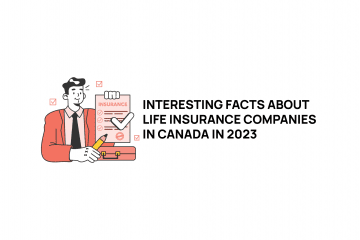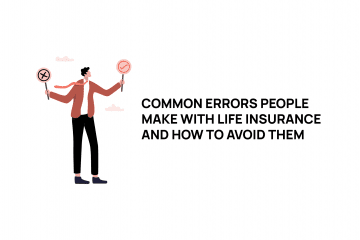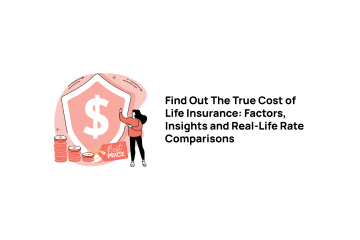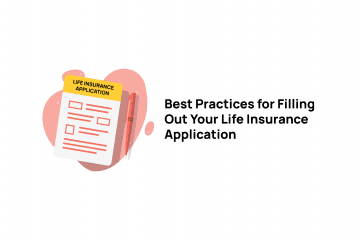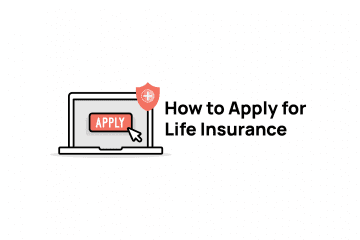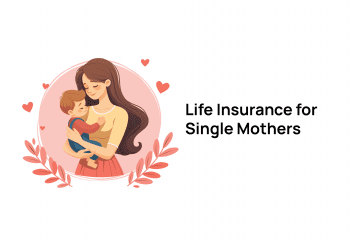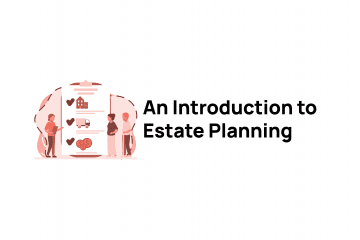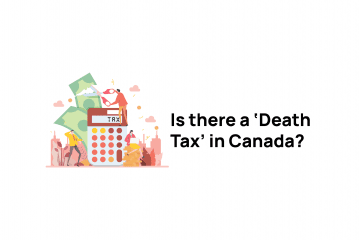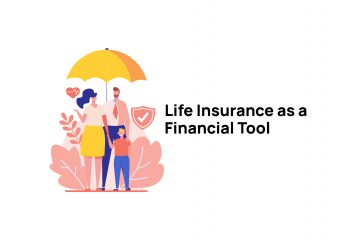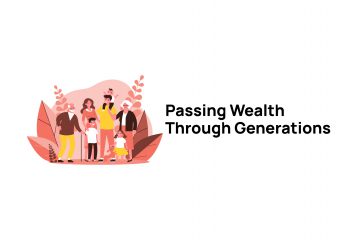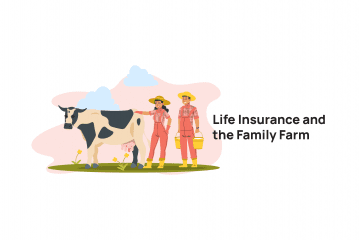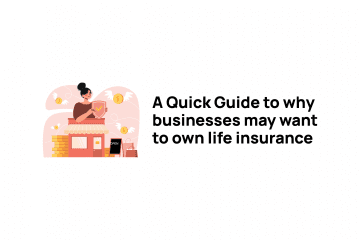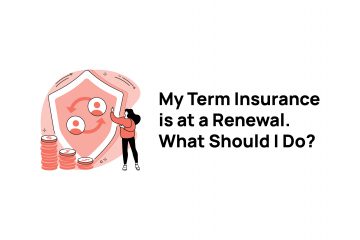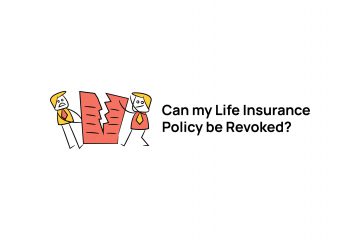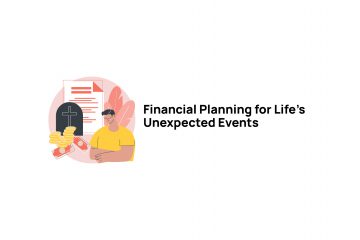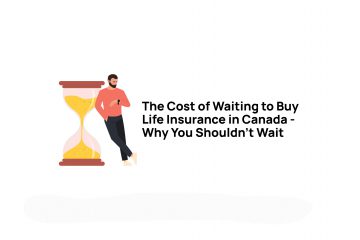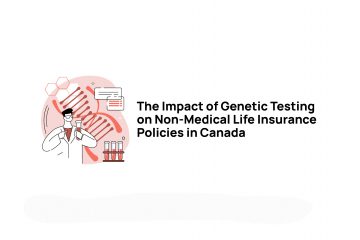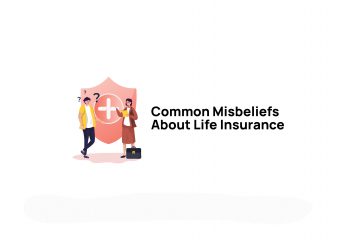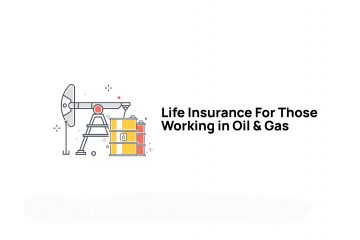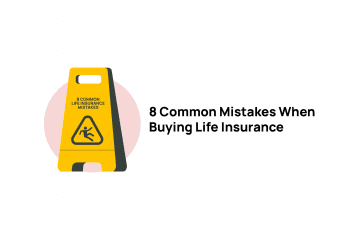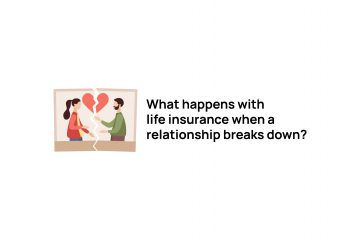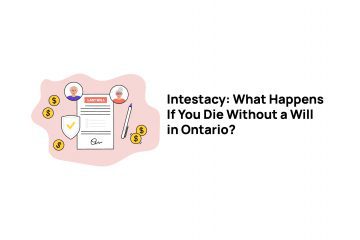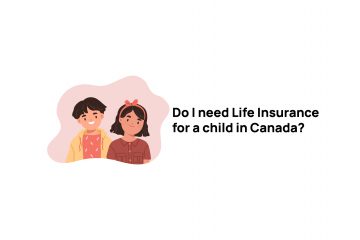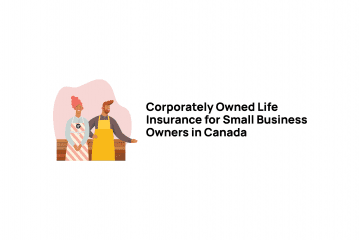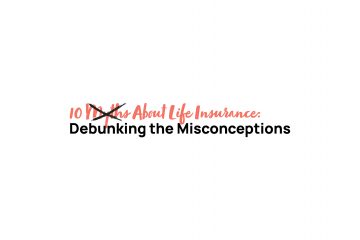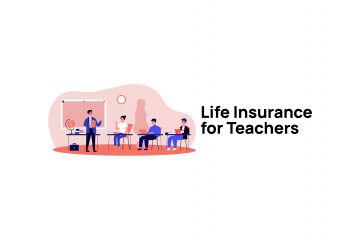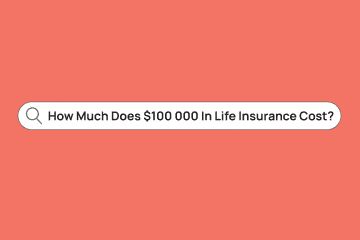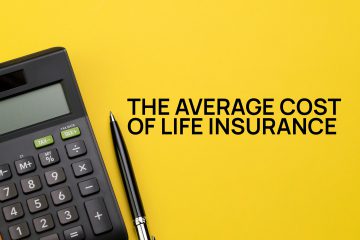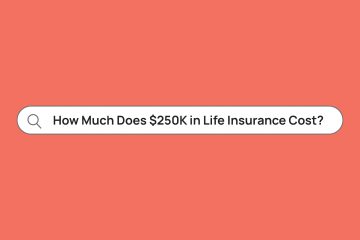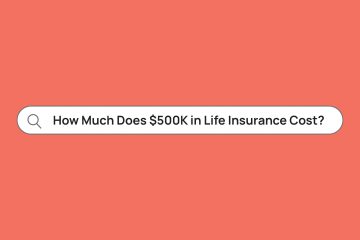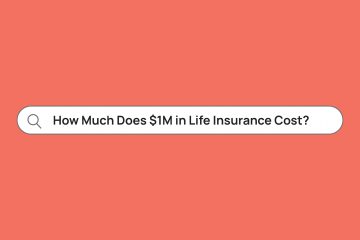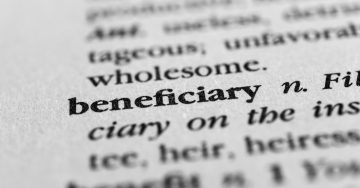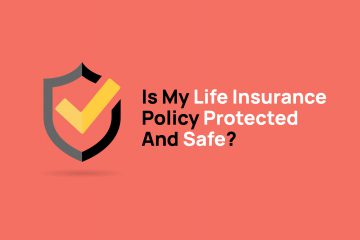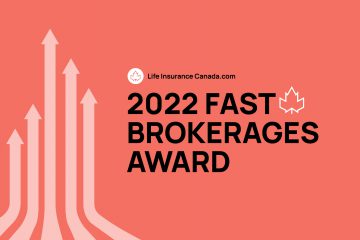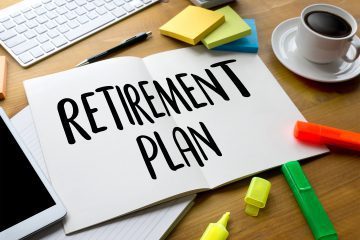If we jump into the time machine, we can find a quote from former Prime Minister Pierre Trudeau that reflected how he felt being the nation next door to the United States made Canada feel a bit like it was in bed with an elephant. The sheer size of our neighbour to the south means that Canadians are affected by even the smallest movement that happens south of our border. This also applies to a lot of news and information that flows across the border from our exposure to American media outlets. You need to be conscious of the source of any information to understand if it applies to Canadians or if it is for our American friends. One of these topics that often leads to confusion is the idea of death and estate taxes (death tax). Are Canadians subject to these types of taxes? Just entering a Google search can lead to some confusion about how Canadians are taxed when they die, so here are a few items that may be helpful when you are looking at taxes that may or may not be triggered when someone passes away in Canada.


In This Article:
- What will be Taxed in Canada?
- Understanding Canadian Income Taxes
- Why is this important?
- Proper Estate Planning is Key
What will be Taxed in Canada?
First thing, let’s answer the question in the opening title. There are no ‘death taxes’ or ‘estate taxes’ in Canada. There is no tax on inheritance either. This is because of one simple fact. When a taxpayer dies, their estate is required to file tax returns and estate assets won’t be distributed until the tax bill has been satisfied. This means that any money that you inherit has filtered through the estate and is considered ‘tax-paid’ money, so you don’t need to pay tax on it again after you inherit it. There are some things that you need to consider and understand when you are looking at the taxes and fees an estate will be subjected to.
- Probate Fees: Probate is a process where it is certified that a will is valid before its terms can be carried out. Where you live decides how much the probate fee you pay will be. Ontario, Nova Scotia and B.C. have the highest probate fees. These fees are paid by the estate of the deceased. Proper estate planning can minimize the fees, so working with a qualified financial advisor as part of your team can help limit any unnecessary payments.
- Deemed Disposition: This is the idea that in the eyes of Revenue Canada, you sold everything you owned the second before you died at fair market value. Some of your assets will trigger taxation in your estate; some won’t. We will delve further into this shortly.
- Spousal Rollover: When one spouse dies, many assets can be transferred to the surviving spouse without taxes being triggered. Again, more details will be provided later, but remember, this is a tax deferral, not forgiveness. Taxes will be owed when the surviving spouse passes away.
Get a free quote
Understanding Canadian Income Taxes
This is a topic that I find is generally misunderstood, and unfortunately, this leads to some confusion. Canada runs on what is known as a ‘marginal’ tax system. You may have heard people talk about your ‘tax bracket‘ as an example of a term that comes up regularly. Basically, the way that the system works is that you pay different percentages of taxes on your income. The more income you make, the higher the percentage that you pay, but you don’t pay the same percentage on every dollar. To explain it a bit better, let’s look at the 2024 Ontario income tax rates. (Source: https://www.canada.ca/en/revenue-agency/services/tax/individuals/frequently-asked-questions-individuals/canadian-income-tax-rates-individuals-current-previous-years.html#toc1)
| Tax Rate | Taxable Income Threshold |
| 5.05% | on the portion of taxable income that is $51,446 or less, plus |
| 9.15% | on the portion of taxable income over $51,446 up to $102,894, plus |
| 11.16% | on the portion of taxable income over $102,894 up to $150,000, plus |
| 12.16% | on the portion of taxable income over $150,000 up to $220,000, plus |
| 13.16% | on the portion of taxable income over $220,000 |
What this means is that up to $51,446 in income, you pay 5.05% of the provincial income tax. Once your income exceeds that amount, you pay a 9.15% provincial tax on your income from $51,446.01 to $102,894. You don’t pay 9.15% all the way back to dollar zero; you still pay 5.05% on the first amount, and then you pay higher percentages on the amounts in each ‘bracket.’ Your marginal tax rate is the amount you would pay on your next dollar of income. For example, if you had a salary of $150,000, your marginal tax rate would be 12.16% because that is how much you would pay on the next dollar of income you earn.


Why is this important?
Remember when I mentioned the deemed disposition that happens when you die? There are certain assets that trigger taxable income for you with this deemed disposition. A few of the more common ones are RRSPs/RRIFs, multiple residences (think of the family cottage as an example) and non-registered investments where there are unrealized capital gains. If you have these types of assets when you die, you are deemed to have liquidated them the second before you passed away, and now your estate will be receiving a T slip for the income and will be required to pay the tax bill. The big advantage of registered savings plans, while you are alive, is the tax deferral that occurs when you are working and drawing income in retirement. The downside is that if you die with a large amount of money still in these registered accounts, your estate will be paying a large amount of tax. The same applies to unrealized capital gains. I use a family cottage as an example because it is a common one that we see. If you own more than one property, only one is exempt from capital gains (principal residences aren’t subject to gains), so again, even though you haven’t sold anything, your estate is deemed to have disposed of your holdings at your death at fair market value. This means that capital gains will be triggered, and 50% of these gains are included as income on your final tax return. Even if the actual asset hasn’t been sold, you still need to pay the taxes on that income. Understanding how the tax system works is important because there is the potential that if you pass away and own investments and property that will trigger income, your estate will need to pay the income tax. How much tax you pay depends on how much you own. The more that you had when you died, the higher the tax bill will likely be. Although there isn’t a ‘death tax’ in Canada, there are certainly income taxes. Your estate needs to be able to pay these taxes before your remaining assets can be distributed to the beneficiaries of your will.
The spousal rollover provision comes into play here. As mentioned earlier, if you have a spouse when you pass away, you are able to roll all of your assets into their name without triggering the deemed disposition. This requires proper estate planning, and you need to know that it doesn’t eliminate the tax bill; it simply pushes it out into the future. When your spouse passes away, the bill will be paid.
What Will Life Insurance Cost Me?
Proper Estate Planning is Key
Many people really don’t like the idea of how much of their estate will be used to pay income taxes when they pass away. I like to joke that if I time it right, I will keel over dead the second I take my last dollar out of my RRIF and owe the lowest amount of tax possible as part of my estate. The reality is that my timing is really unlikely to be this perfect. It is far more often the case that the most income tax people will ever owe for a single tax return is on their terminal tax filing. The deemed disposition is what does this; the assumption that you take all of your remaining taxable income into one return can create a large tax bill. There are ways that you can minimize the effect of taxes on your estate, though. One of the biggest things you can do is consult an accountant and financial advisor and set up life insurance to help you ‘fund’ any taxes that will be owed. Understand that you don’t actually use the insurance money to pay the tax bill. What you do is use it to replace the money your estate loses when it pays your final tax bill. If you expected to have an estate with an income of $500,000 in Ontario in 2024, the tax bill that would accompany this would be $224,304 (44.86% of the total income). If you were to set up a permanent life insurance plan with a death benefit of $250,000, you could effectively offset the tax bill and make sure that the wealth that you worked so hard to accumulate passes to your beneficiaries without losing a significant portion of it through income taxes. Using your team of tax and estate planning advisors, you can come up with a plan that will negligible the net effect of taxation on your estate.
